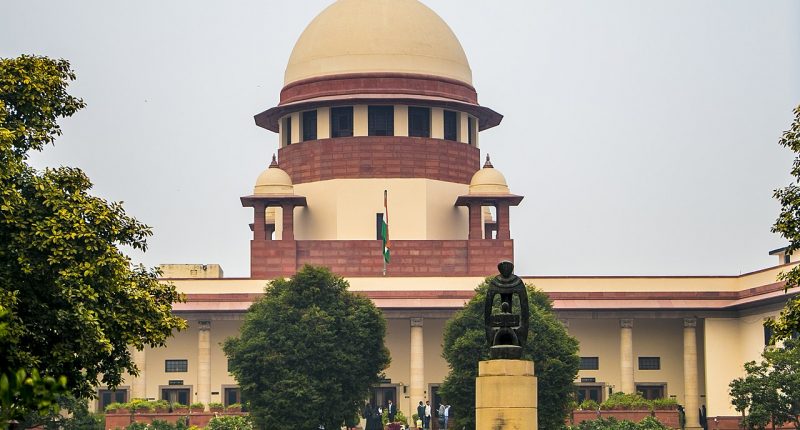The Supreme Court of India has ruled that ‘Digital Access’ is a fundamental right under Article 21 (right to life and personal liberty), Article 14 (right to equality) and Article 15 (protection against discrimination) of the Constitution. The ruling occurred from two Public Interest Litigations (PILs), one of which was filed by an acid attack survivor who faced significant challenges completing the Know Your Customer (KYC) process at a bank due to facial disfigurement.
The Apex Court acknowledged that existing digital identification systems often exclude individuals with disabilities, like acid attack survivors and those with visual impairments, from accessing essential services. Notably, the current KYC process requires a live photograph involving eye blinking, a task that is impractical for many acid attack survivors due to permanent eye damage.
So now, to address such barriers, the Court issued 20 specific directives aimed at reforming the digital KYC process to ensure inclusivity. These directives call for the development of alternative verification methods that do not rely on eye movement, like voice authentication. The Court also draw attention to the need for government portals and digital platforms to adhere to universal accessibility standards.
Meanwhile, the second case was brought by Amar Jain, a visually impaired lawyer and accessibility advocate, who detailed the obstacles he regularly faces with online KYC procedures.
Notably, the judgment builds upon previous legal interpretations of Article 21, including the 2017 Puttaswamy v. Union of India case, which established the right to privacy as a fundamental right. Now, by extending these regulations, the Top Court strengthens the principle that technological advancements must be inclusive and accessible to all.
“In the contemporary era, where economic opportunities etc. is through digital (access) Article 21 needs to be re-interpreted in light of such technology and the digital divide increases,” the Court said (cited by Bar and Bench).
With its latest judgement, the bench (comprising Justices JB Pardiwala and R Mahadevan) highlighted the necessity for the State to ensure digital accessibility for all citizens, including those in rural areas and marginalised sections of society.
This is not the first time Indian courts have prominently addressed digital or internet rights. Earlier, in Anuradha Bhasin vs Union of India (2020), the Supreme Court ruled that indefinite suspension of internet services is impermissible. The Court recognised that access to the internet is integral to freedom of speech and expression, as well as the right to carry on trade and business under Article 19 of the Constitution.
Similarly, in Faheema Shirin vs State of Kerala (2019), the Kerala High Court maintained that the right to access the internet is part of the fundamental rights to education and privacy under Article 21.
The Tech Portal is published by Blue Box Media Private Limited. Our investors have no influence over our reporting. Read our full Ownership and Funding Disclosure →






